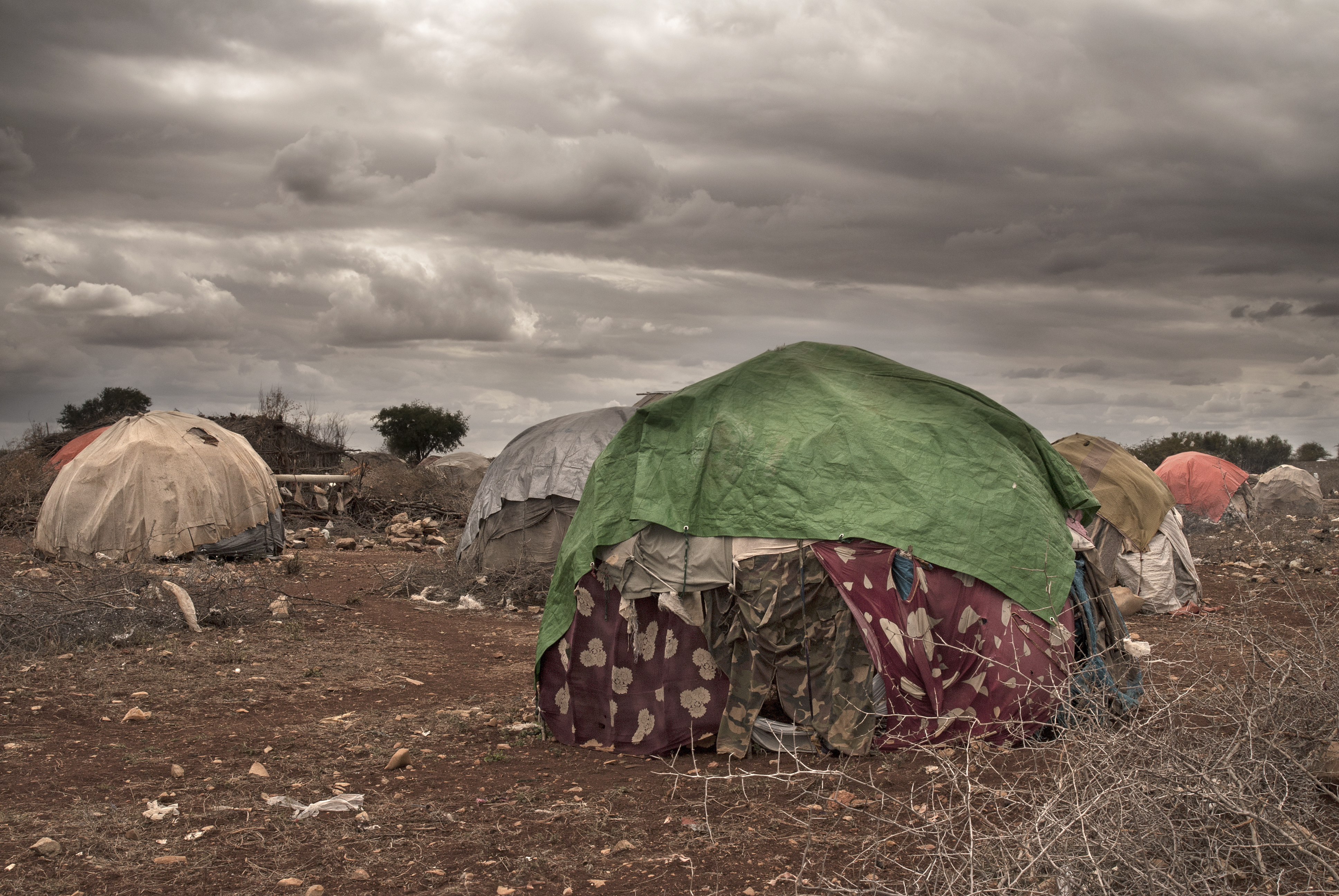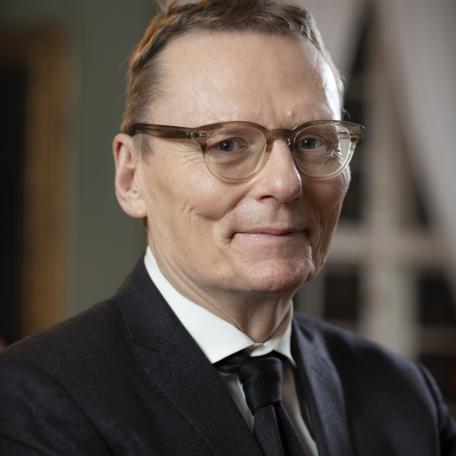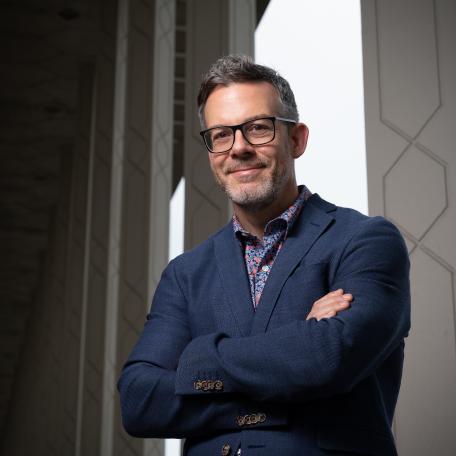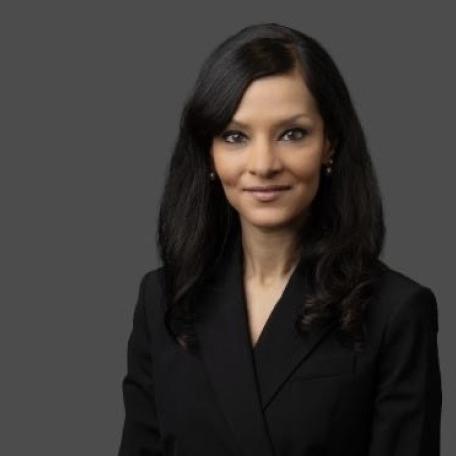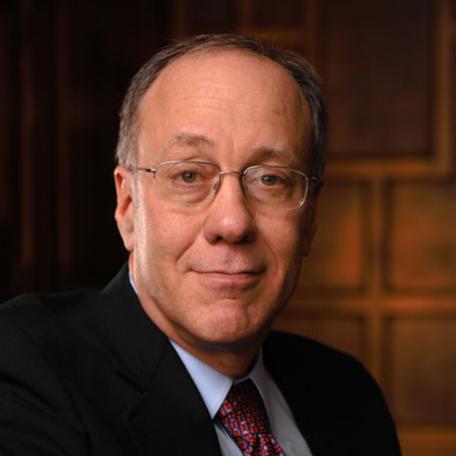An economist and political scientist, Robinson has conducted influential research in the field of political and economic development and the relationships between political power and institutions and prosperity. His work explores the underlying causes of economic and political divergence both historically and today and uses both the mathematical and quantitative methods of economics along with the case study, qualitative and fieldwork methodologies used in other social sciences.
Robinson has a particular interest in sub-Saharan Africa and Latin America and is a Fellow at the Institute of African Studies at the University of Nigeria at Nsukka. He taught a summer school at the University of the Andes in Bogotá between 1994 and 2022. He has conducted fieldwork and collected data in Bolivia, Colombia, Haiti, the Democratic Republic of the Congo, Nigeria, Sierra Leone, South Africa, and Zimbabwe. He has published three books co-authored with Daron Acemoglu, an Institute Professor of Economics at MIT. The first, Economic Origins of Dictatorship and Democracy, proposed a theory of the emergence of and stability of democracy and dictatorship. Their second book, Why Nations Fail: The Origins of Power, Prosperity, and Poverty (translated into 41 languages since its publication in 2012), pulled together much of their joint research on comparative development and proposed a theory of why some countries have flourished economically while others have fallen into poverty. Their most recent book, The Narrow Corridor: States, Society and the Fate of Liberty, examines the incessant and inevitable struggle between states and society, and gives an account of the deep historical processes that have shaped the modern world.


